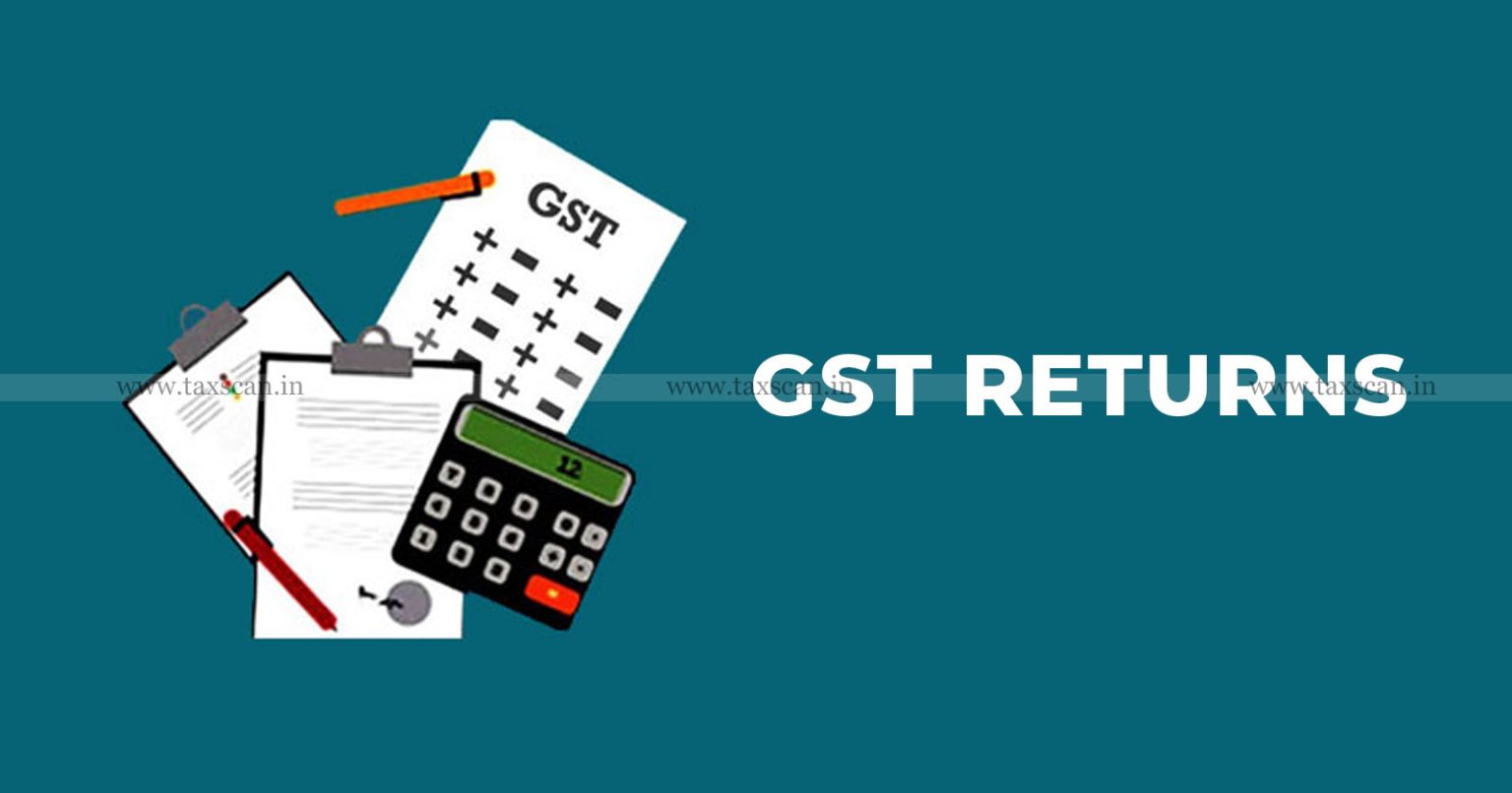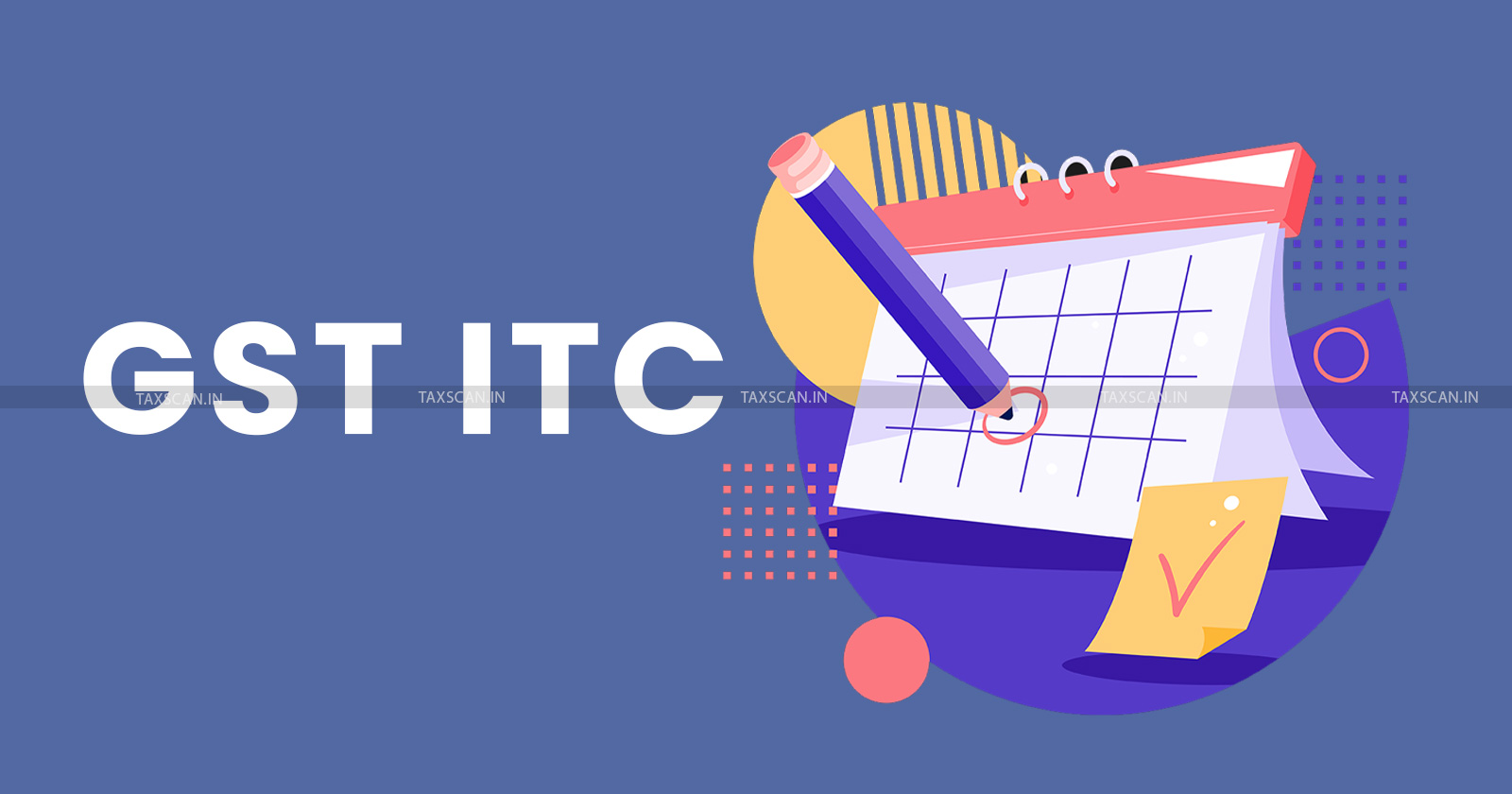Purchaser may be Denied GST ITC if Supplier Fails to Remit Tax: Madras HC suggests Offset Printer to avail Appellate Remedy [Read Order]
The court observed that the credit was provisional and rightly reversed due to the supplier’s failure to remit tax
![Purchaser may be Denied GST ITC if Supplier Fails to Remit Tax: Madras HC suggests Offset Printer to avail Appellate Remedy [Read Order] Purchaser may be Denied GST ITC if Supplier Fails to Remit Tax: Madras HC suggests Offset Printer to avail Appellate Remedy [Read Order]](https://images.taxscan.in/h-upload/2025/06/25/2054378-gst-itc-appellate-remedy-supplier-taxscan.webp)
A single bench of the Madras High Court recently dismissed a writ petition challenging the denial of Input Tax Credit (ITC) for the assessment year (AY) 2017–18, holding that the purchaser cannot automatically claim ITC if the supplier fails to remit the tax to the government.
 Also Read:ITC Denied due to Supplier's Non-Filing of GST Returns and Non-Payment of Taxes: Madras HC directs to Avail Statutory Remedy [Read Order]
Also Read:ITC Denied due to Supplier's Non-Filing of GST Returns and Non-Payment of Taxes: Madras HC directs to Avail Statutory Remedy [Read Order]
The petitioner Global Offset Printers, approached the High Court through a writ petition filed under Article 226 of the Constitution of India, challenging an assessment order for the AY 2017-18, seeking the quashal of the same, contending it to be illegal, without jurisdiction, and in gross violation of the principles of natural justice
The petitioner contended that ITC had been denied as the supplier had collected the tax from the petitioner and failed to remit the same to the credit of the Government. Therefore, it was the claim of the petitioner that no case had been made out for invoking Section 74 of Central Goods and Services Tax (CGST) Act, 2017.
Additionally, the appellant relied on the coordinate bench ruling in S.S. Communications v. Deputy State Tax Officer (2024), wherein the Court held that invoking Section 74 of the Act itself, is without jurisdiction, in the absence of a finding that the evasion of taxes was due to or by reason of fraud, misstatement or suppression of fact.
 Also Read:GST ITC denied on Non-Compliance of Circular: Madras HC grants Hearing Opportunity Conditionally [Read Order]
Also Read:GST ITC denied on Non-Compliance of Circular: Madras HC grants Hearing Opportunity Conditionally [Read Order]
The department submitted that there was no merit in the writ as the petitioner had an alternate remedy under Section 107 of the Tamil Nadu GST Act, 2017.
The Bench presided over by Justice C. Saravanan held that the writ petition lacked merit as the credit availed for AY 2017–18 was provisional under Section 41 of the CGST and TNGST Acts. It further noted that the 2022 amendment to Section 41 clarified that such credit must be reversed if the supplier fails to remit the tax.
Citing the Supreme Court’s decision in State of Karnataka v. Ecom Gill Coffee Trading Pvt. Ltd.(2023 TAXSCAN (SC) 131), the Court reiterated that mere production of invoices or cheque payments is insufficient to prove the genuineness of transactions and discharge the burden of proof. It further held that the purchasing dealer must establish both the genuineness of the transaction and that the tax collected was actually remitted to the government
However, liberty was given to the petitioner to file statutory appeal before the Appellate Authority within a period of 30 days from the date of receipt of the order, subject to the compliance of the requirements under Section 107 of respective GST enactments
Accordingly, the appeal was dismissed.
The appellant was represented by A. Satheesh Murugan, while the Department was represented by J.K. Jayaselan.
Support our journalism by subscribing to Taxscan premium. Follow us on Telegram for quick updates


